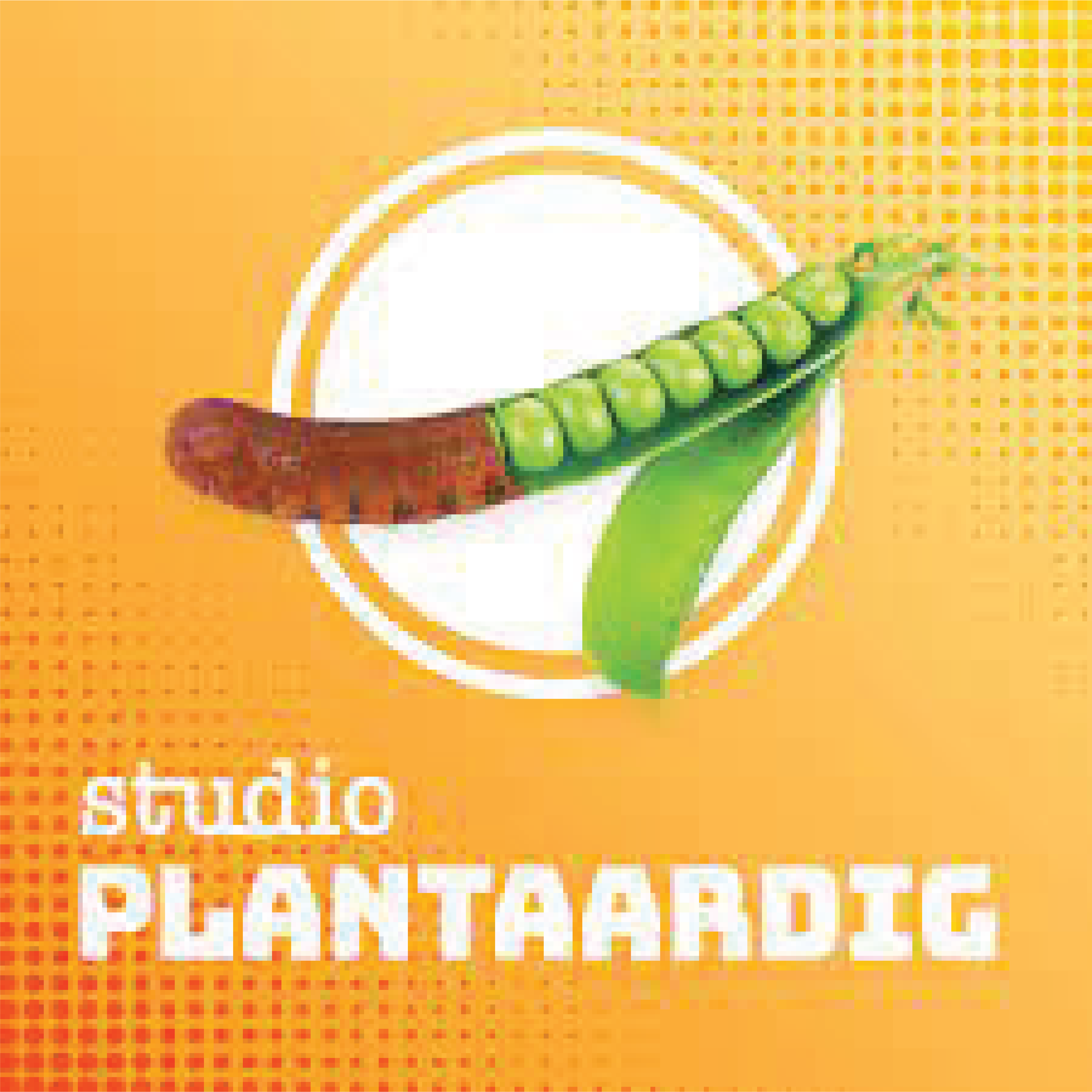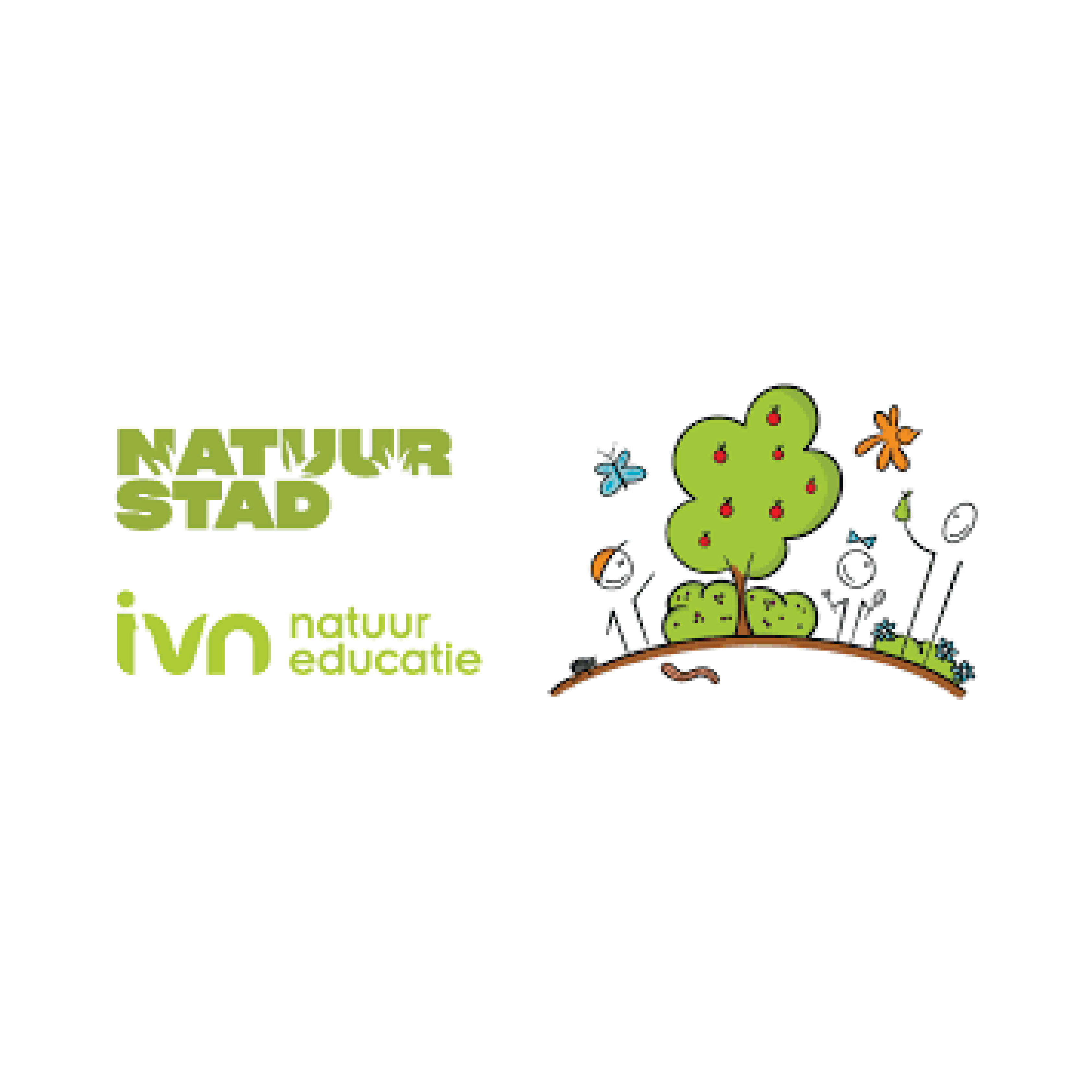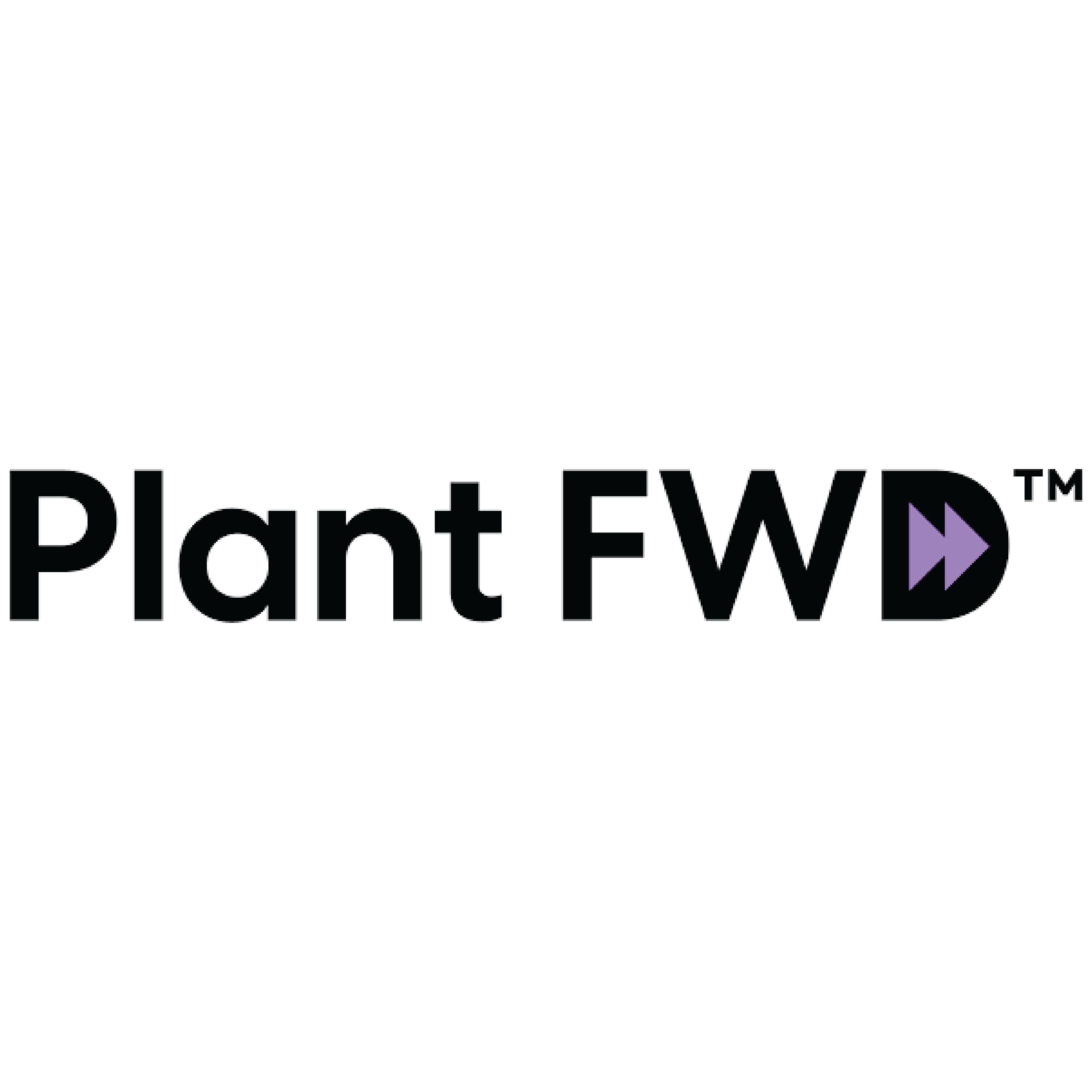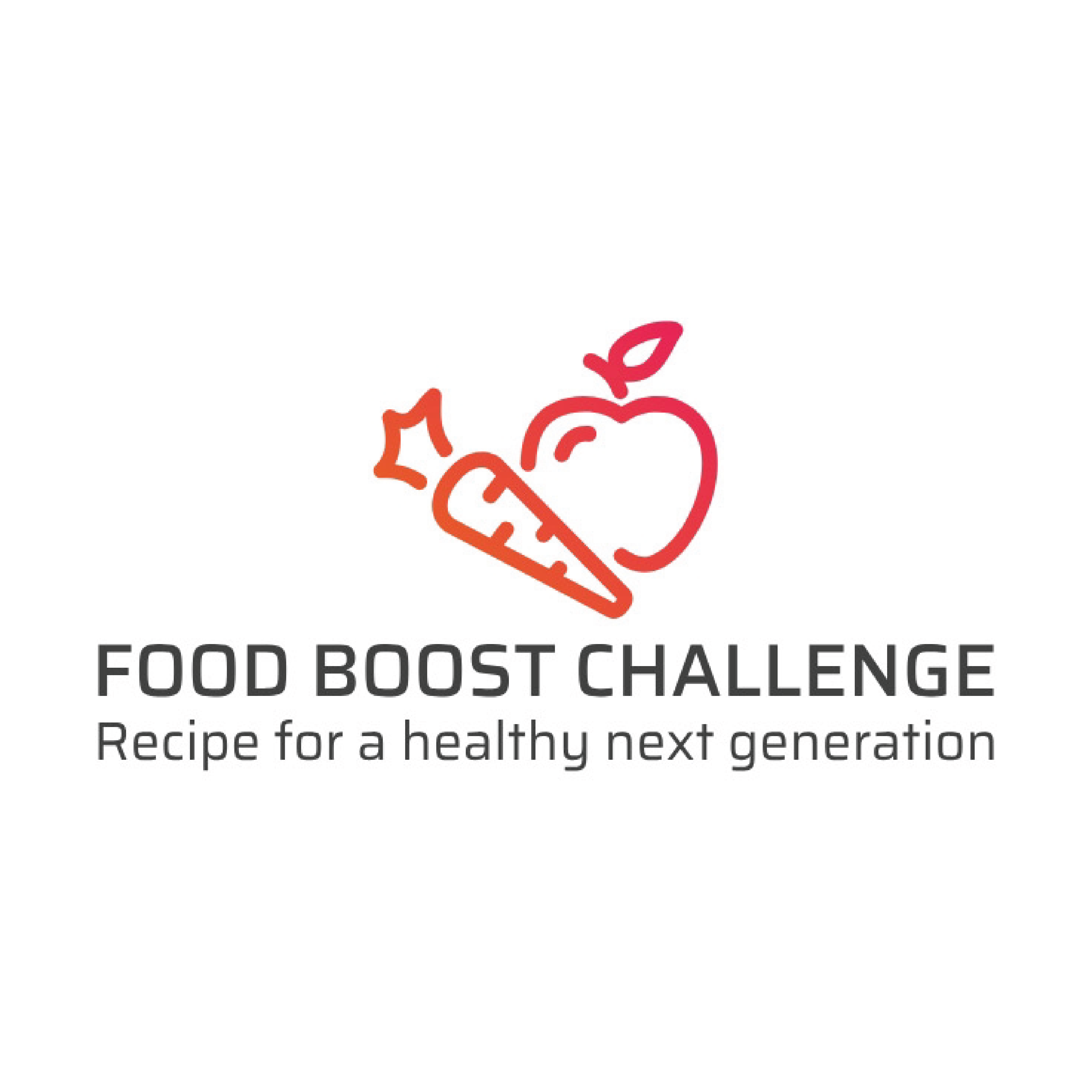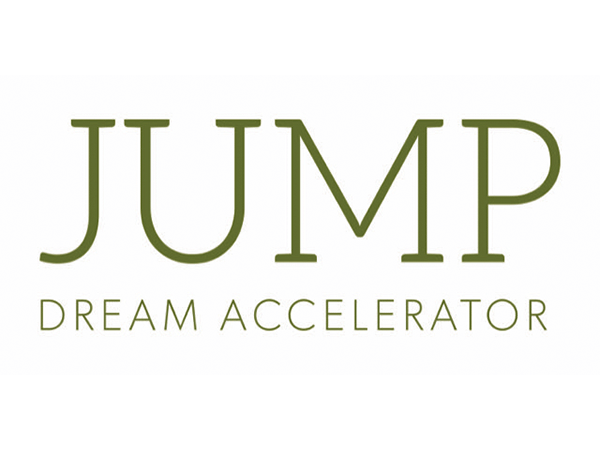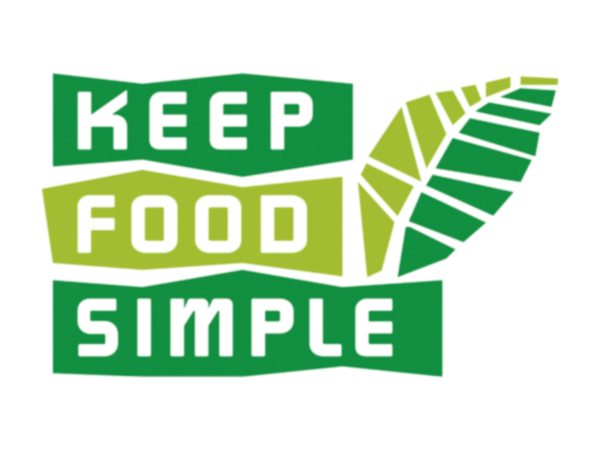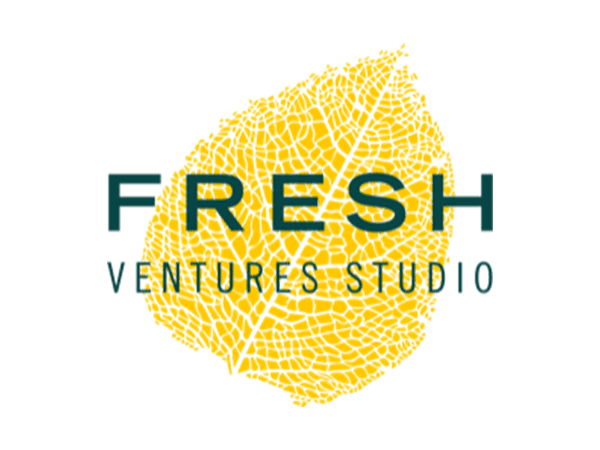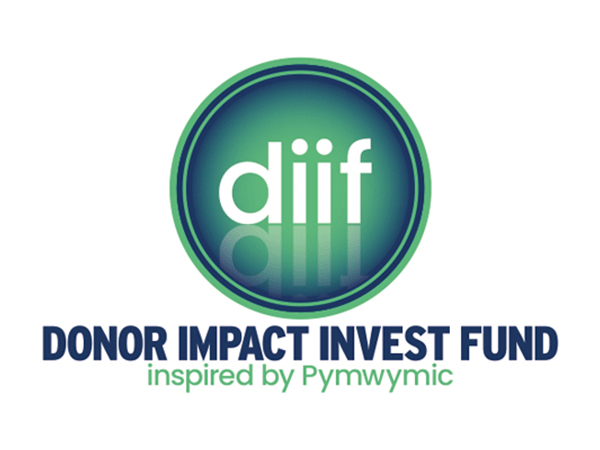If there’s one thing we can do directly to fight the climate crisis, it’s eat more plant-based food, and less meat, fish and dairy. The Studio Plantaardig podcast explores how we can make the switch from an animal-based to plant-based diet. What adjustments are needed? And what surprises does tomorrow’s menu have in store for us?
MensaMensa
Public transport, social housing, tap water… All basic facilities. And now there is also MensaMensa. The basic provision for affordable, healthy and sustainable food, through a neighborhood restaurant, public cooking workshop, learning workplace, course center, meal service, caterer and children’s restaurant.
MensaMensa makes nutritious meals accessible to everyone and enhances food security and justice. People near the poverty line also learn to cook a healthy weekly menu.
Voedselbosjes
IVN Nature Education wants to make a thousand schoolyards and childcare locations greener with food groves. Through growth and tasting lessons, children learn more about the food forest. hey learn to grow food using perennial plants and see firsthand how this form of agriculture provides both food and biodiversity, leading to a healthier and more sustainable future for children and the world.
Plant FWD
Plant FWD is an annual informal B2B conference that brings together startups, brands, retailers, food professionals, policymakers, investors and other interested parties to work together on a ‘plant forward future’.
Various international keynote speakers provide inspiration and activation. Valuable meetings are facilitated via the networking tool ‘Conversation starter’. Innovations are shown and new products are launched at ‘The Market’. And start-ups are linked to investors, in order to facilitate access to growth capital.
We are the Re-generation
We are the Re-generation is een beweging en platform dat van Nederland kampioen regeneratieve landbouw wil maken. Hoe? Door pioniers en opiniemakers te verenigen en verbeelden. Door wijsheid van wetenschappers en inheemse volken, de open blik van jongeren en de innovatiekracht van creatieven en ondernemers te verbinden.
In this way, they create attention for regenerative agriculture and inspire people to take action for a regenerative society.
The Goeie Grutten Foundation makes the pioneering stories possible.
Food Boost Challenge
The Food Boost Challenge is a program that entices young people to adopt healthier eating habits by letting them come up with their own solutions. The programme – which is located at the intersection of research, education and entrepreneurship – goes through four steps: research, ideation, concept development and prototyping. For some concepts, there is also a step 5: implementation.
The programme brings together young people from diverse backgrounds and educational levels.
JUMP
The world of food needs to be better and fairer. There are very talented young people in the Netherlands with an idea and a dream to realize it. In the JUMP accelerator program, 10 of these people are given a boost so that they can realize their dream faster and better, from idea to intervention plan to realization. In a trajectory of 9 weeks and then another 90 days, JUMP helps to realize their dream.
Keep Food Simple
Keep Food Simple (also) utilizes waste streams of plant-based products by processing them into high-quality food. Goeie Grutten previously supported their tomato project and is now focusing on scaling up the entire organization through multi-year follow-up funding so that they can bring their products to market.
Fresh Ventures Studio
Fresh is a startup studio with a mission: to bring about a transformation of our food system within the earth’s limits. In the annual pre-studio ‘talent first’ startup program of 3 months, entirely new impact-driven ventures are created and accelerated, focusing on a regenerative and circular food system.
DIIF
DIIF stands for a new form of philanthropy. The fund invests donated money in the very first phase of impact-driven startups within the themes: Education, Agri-Food, Health, and Energy. Profits are reinvested in the fund to allow for new investments to be made.

